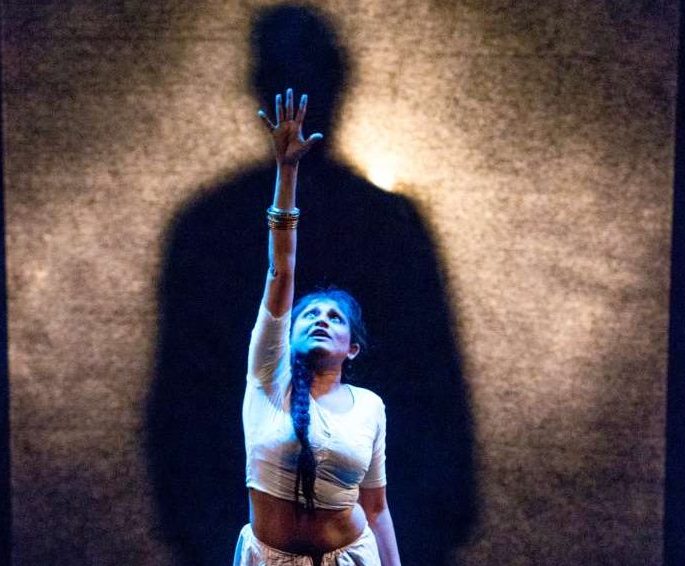Bangladesh
Background of the conflict and use of sexual violence
The Liberation War or the Bangladesh War of Independence began in March 1971 when the West Pakistan rules and army reacted to the calls for the self-determination of Bangladesh (former East Pakistan). A general election took place in Pakistan in 1970 during the military regime of President Yahya Khan. Awami League, the largest political party, led by Sheikh Mujibur Rahman, won a landslide victory. Zulfikar Ali Bhutto conspired with Yahya Khan and refused to hand over power to Sheikh Mujib. When it was clear that prior promises made by the West-Pakistani government would not be followed, the whole nation of Bangla-speaking Muslims and Hindus of East Pakistan began the spirited struggle for liberation. Sheikh Mujib called for a non-cooperation movement in his momentous speech on March 7th, 1971. Pakistani military junta launched Operation Searchlight on March 25th, starting the Bangladesh Genocide. Up to 3 million Bangladeshis were killed, and hundreds of thousands of women were raped and attacked with sexual violence. After nine months, the Pakistani army surrendered, which resulted in the independence of Bangladesh on the 16th of December, ending 23 years of rule by Pakistan.
During the war, sexual violence was strategically and systematically used to dominate, humiliate and destroy the Bangladesh society. Rape camps were created where women were raped, tortured, and deprived of food. The Bangladeshi government estimates that 200.000 women were raped. However, the exact number is unclear due to underreporting because of stigmatisation.

Response and Support for Survivors
Right after the war, the Bangladeshi government publicly designated a woman raped in the war as a ‘Birangona’ (brave woman) for the purpose of reducing social ostracism. However, many women were still excluded from society. After the war, only four men, and only in Bangladesh, were convicted for rape, abduction, confinement, and torture, although the fairness of these trials is questioned. The principal perpetrators were not held accountable for their crimes.

National Networks
Naripokkho (NP) is a Bangladesh-based women’s activist organisation, founded in 1983, working for the advancement of women’s rights and building resistance against violence, discrimination, and injustice. NP has also been working for women rape survivors of Bangladesh for many years, organizing campaigns, cultural events, training, research, lobbying and advocacy.

Komola Collective (KC) is an award-winning arts company dedicated to telling stories from the female perspective. Since 2010, Leesa Gazi, the Joint Artistic Director of the company, has worked intimately with women survivors of mass rape and violence in Bangladesh to document their stories. Offie-nominated play ‘Birangona: Women of War’ was KC’s debut production, interwoven with films of survivors’ accounts. In 2013, KC travelled to Bangladesh for the Research & Development stage of the play, and in 2014 they toured the play nationally and internationally. In 2019, Komola Collective, in partnership with Openvizor and Making Herstory, produced a feature documentary film ‘Rising Silence’ directed by Leesa Gazi. The film documents the Birangona’s stories first-hand, showing these women’s strength and resilience in their journeys of healing and survival. Rising Silence won 15 awards worldwide.
Contact information
Naripokkho:
Address: Rangs Nilu Square (4th Floor) House-75, Road-5/A, Satmosjid Road Dhanmondi R/A, Dhaka-1209, Dhaka, Bangladesh
Website: naripokkho.org.bd
Facebook: Naripokkho নারীপক্ষ
Email address: naripokkho@gmail.com
More information: https://www.copasah.net/naripokkho.html
Komola Collective:
Address: 22 Warley Road, Woodford Green, London IG8 9AX, United Kingdom
Website: https://www.komola.co.uk/
Facebook: https://www.facebook.com/KomolaCollective
Email address: info@komola.co.uk